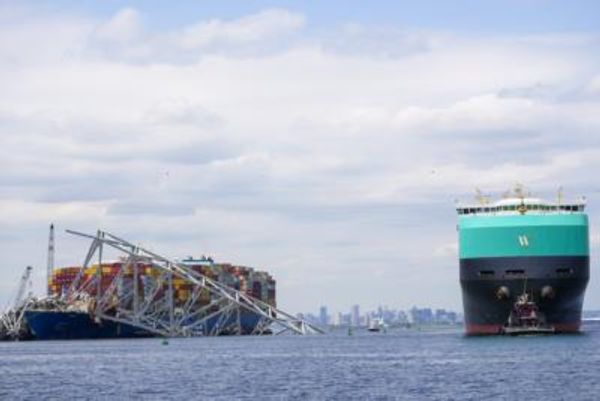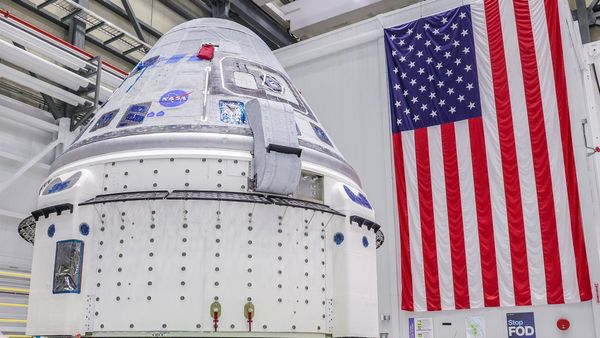
Just two-thirds of voters backed the major parties in the 2022 election — about 35% for the Coalition, and just under 33% for Labor.
Those numbers will shift as the count finalises, and Labor’s primary vote was assuredly suppressed by tactical voting by Labor voters in favour of independents. But Australia’s political map has changed dramatically.
This is about polarisation. Both major parties are attempting to keep in step with what they perceive as “mainstream Australia”. But in doing so, both are losing affluent urban electorates. The Liberals are the most obvious victims, losing heartland Sydney, Perth and Melbourne seats to independents. But Labor has lost Griffith in Brisbane, and may see the Greens take Ryan from the LNP in Brisbane and lose Macnamara — the old Melbourne Ports — to the Greens as well. (Labor also contrived to lose Fowler in suburban Sydney due to the disastrous decision to parachute Kristina Keneally into that seat, leaving the way open for a Liberal-linked independent to seize it.)
These urban electorates are not interested in being part of a “broad church” if that church includes climate denialists or feet-draggers on climate action. They want climate action yesterday, and have little patience with anyone offering a reason for delay.
The sheer visceral hatred of Scott Morrison undoubtedly played a role, but the fate of both major parties in urban seats, not just the Liberals, reflects that this is about electorates that won’t tolerate anything less than serious, rapid action.
In his (very good) victory speech, Anthony Albanese declared that the climate wars were at an end. While an alluring possibility, there are a couple of reasons to doubt it. First, whatever minimal individual impetus there was within the Liberal Party for climate action has been deleted by the success of the teals. The Liberal Party is now a far more right-wing party, and it will be under the leadership of Peter Dutton. And the proportional strength of the Nationals within the Coalition has grown significantly: the Nationals will have more shadow ministries and wield more control within the joint partyroom.
Moreover, News Corp remains a hotbed of climate denialism, along with support for a variety of other extreme-right causes. It will continue to push the Coalition to the right, despite the evident decline of its influence. The lunatic fascists at Sky After Dark will be feral.
The other reason to be sceptical is that the climate wars can’t “end” with a de facto surrender to denialism. Labor’s 2030 target of a 43% reduction is much stronger than the Coalition’s, but not good enough. We know from fossil fuel lobby the International Energy Agency what is needed for a true “net zero” goal: the cessation of new fossil fuel projects and the rapid phase-out of unabated coal-fired power.
If they are to deliver on their commitment to stronger climate action, the teal independents and the Greens must push Labor hard to move much more rapidly towards decarbonisation — including by preventing new fossil fuel export projects and shutting down existing ones.
So in an important sense it’s merely that one phase of the climate wars has ended and another is about to commence.
It’s a theme Crikey has repeated for a while: we need to resolve this tension between those who understand the need for urgent climate action and those who believe it is — or seek to portray it as — a threat to their economic interests.
Matt Kean in NSW has shown how it can be resolved, including by working effectively with the NSW Nationals on regional renewables projects. It’s not just about getting faster action on climate — it’s about preventing toxic polarisation from driving us further apart.
Morrison dedicated himself to widening and exploiting divisions between Australians. Appropriately, he was rewarded with losing his job. But to prevent those divisions from widening further, we need high quality leadership on climate that brings everyone along.
Is Albanese up to the task? Let’s hope so, for Australia’s sake.







